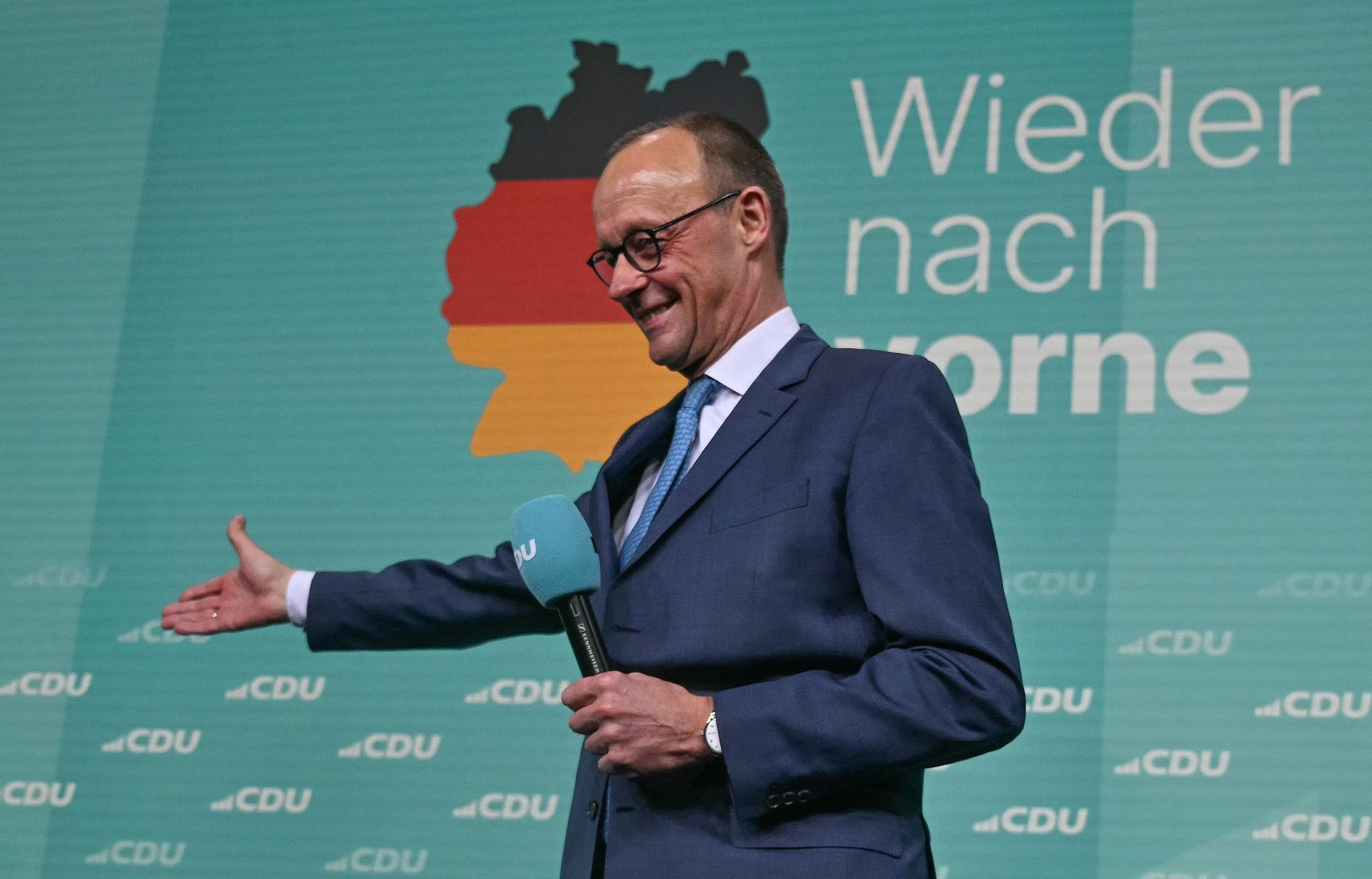
Germany's major political parties have outlined significantly different visions for relations with Türkiye, as revealed in their election programs following the Feb. 23 elections that saw the CDU/CSU win with 28.52% of votes, securing 208 seats in the Bundestag.
The victorious conservative bloc, led by Friedrich Merz, has signaled a search for a new foundation in relations with Türkiye. While acknowledging Türkiye's continuing "strategic importance," their program expresses regret over what they view as Ankara's divergence from EU values.
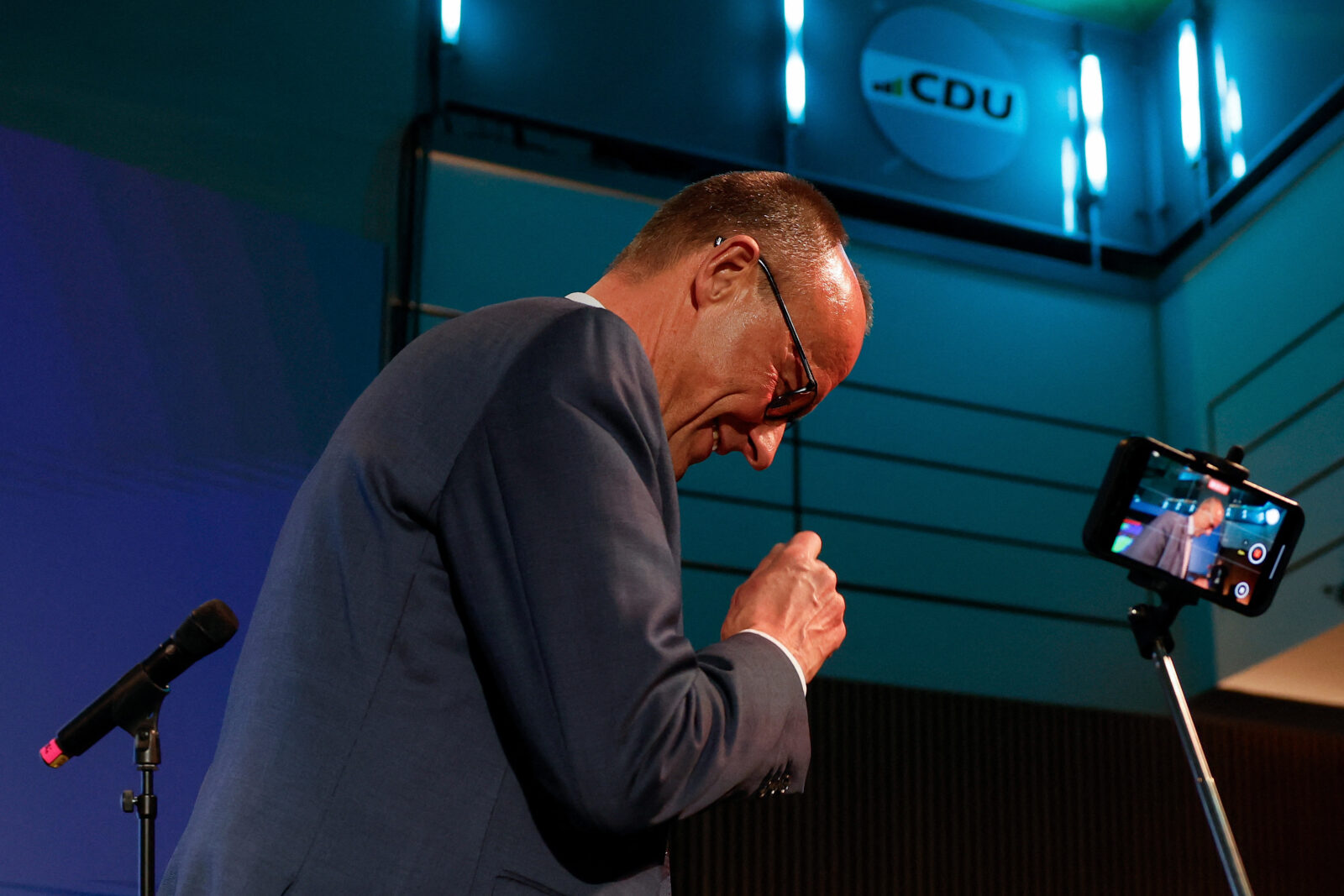
"The sharp division between complete exclusion and full membership blocks all paths toward stronger cooperation," Merz stated at the Korber Foundation, indicating a potential shift from traditional approaches. The CDU's program emphasizes finding new mechanisms for cooperation, particularly within the European Political Community framework.
In a surprising development, Chancellor Olaf Scholz's SPD, which secured third place with 120 seats (16.41%), completely excluded Türkiye from its 68-page election program. This marks a significant departure from previous years when the party emphasized Turkish-EU negotiation processes.
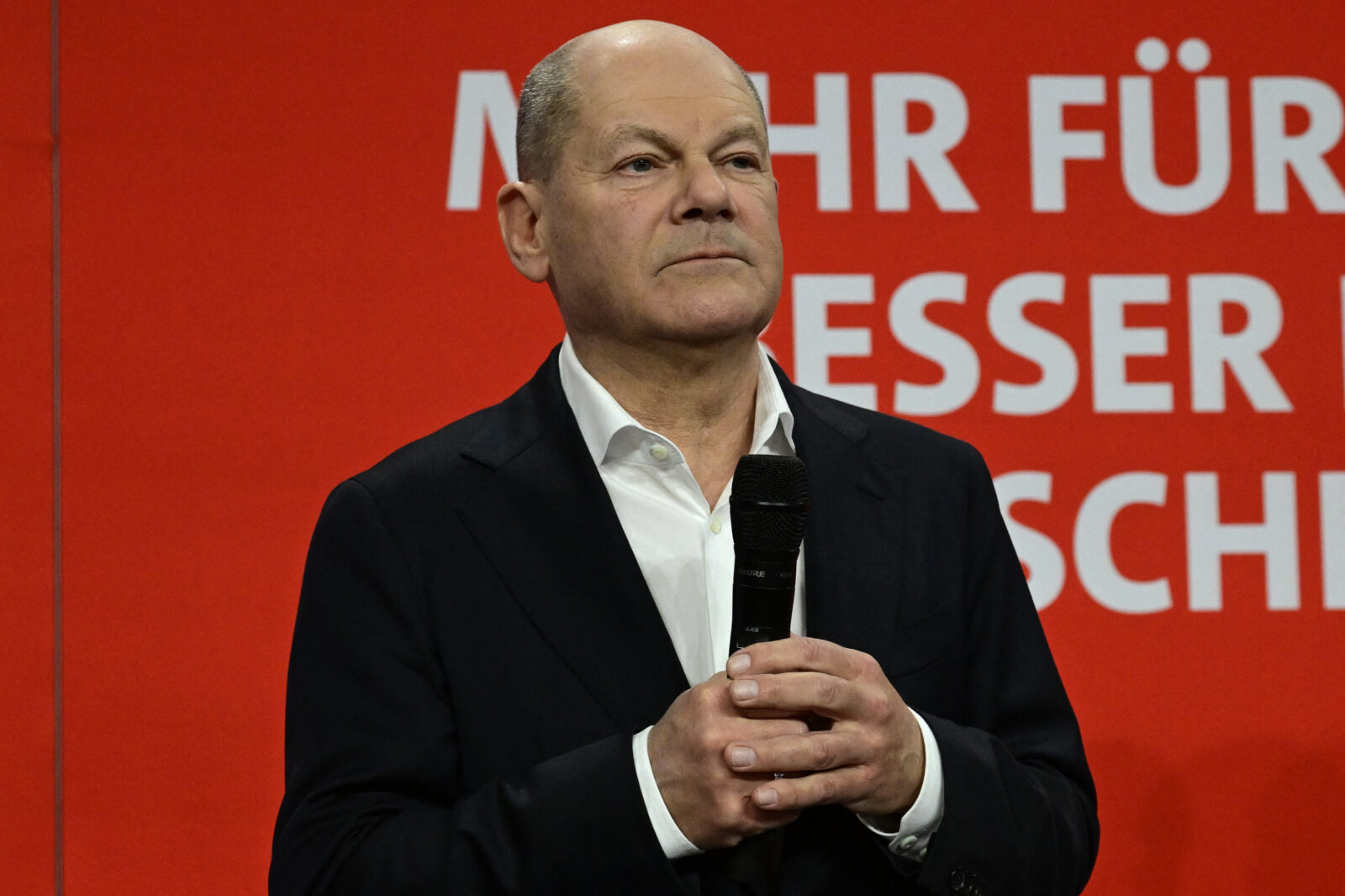
Despite the omission, the SPD's program addresses issues directly affecting Turkish interests, particularly regarding Syria's future. The party emphasizes support for religious and ethnic minorities protection and preventing Syria from becoming a base for terrorism.
The Green Party, securing 85 seats (11.61%), emerged as the only major party maintaining explicit support for potential Turkish EU membership, albeit with conditions. "There is room in the EU for a democratic Türkiye," their program states, while emphasizing requirements for "credible changes in democracy, rule of law, and minority protection."
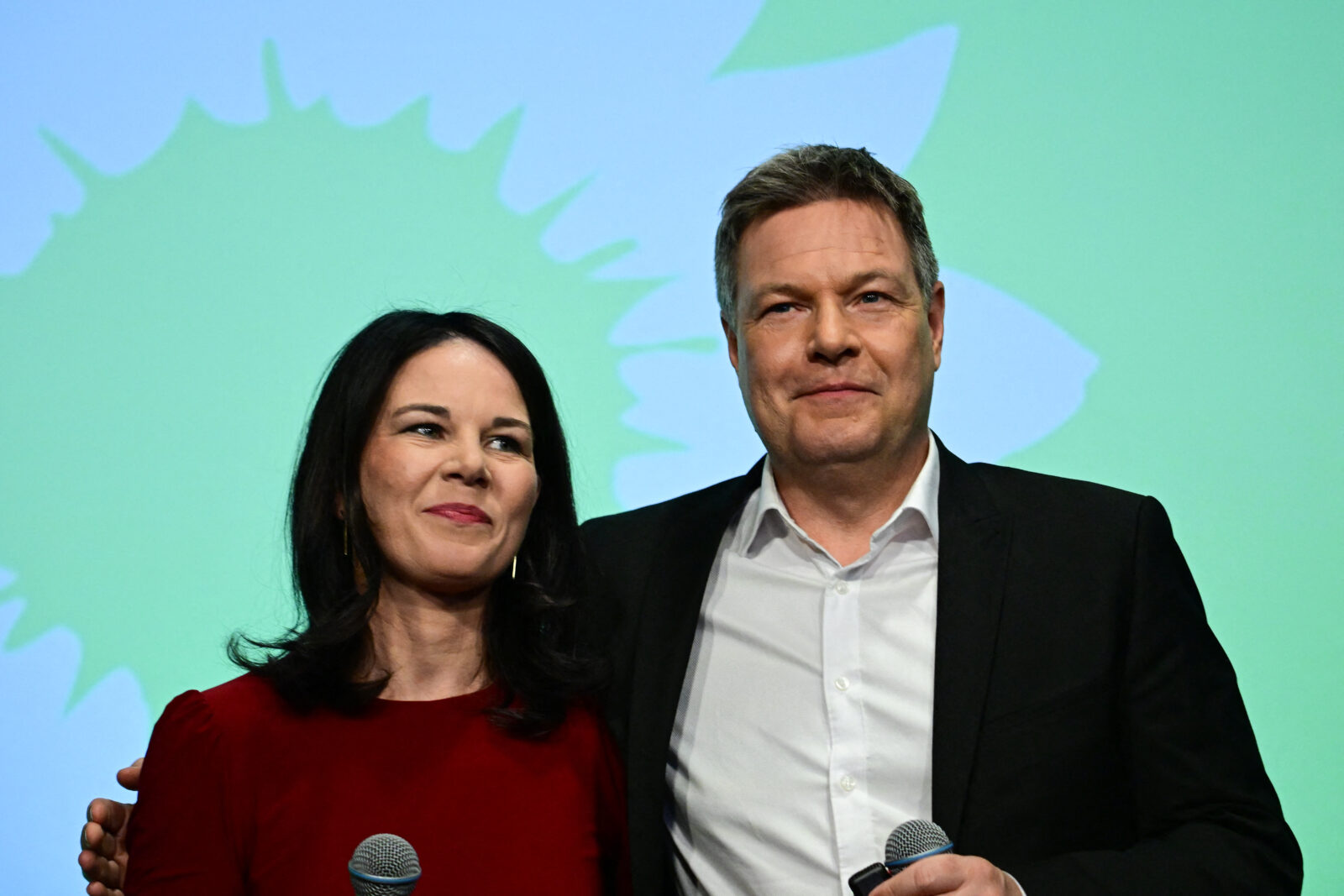
Robert Habeck, during his tenure as economy minister, prioritized strengthening economic and trade ties with Türkiye, demonstrating the party's commitment to practical cooperation alongside democratic values.
The AfD, which achieved a historic second place with 152 seats (20.8%), has modified its stance on Türkiye. While maintaining that "Türkiye is not culturally part of Europe," the party now describes it as "an important strategic and economic partner" — a notable softening of its previous position.
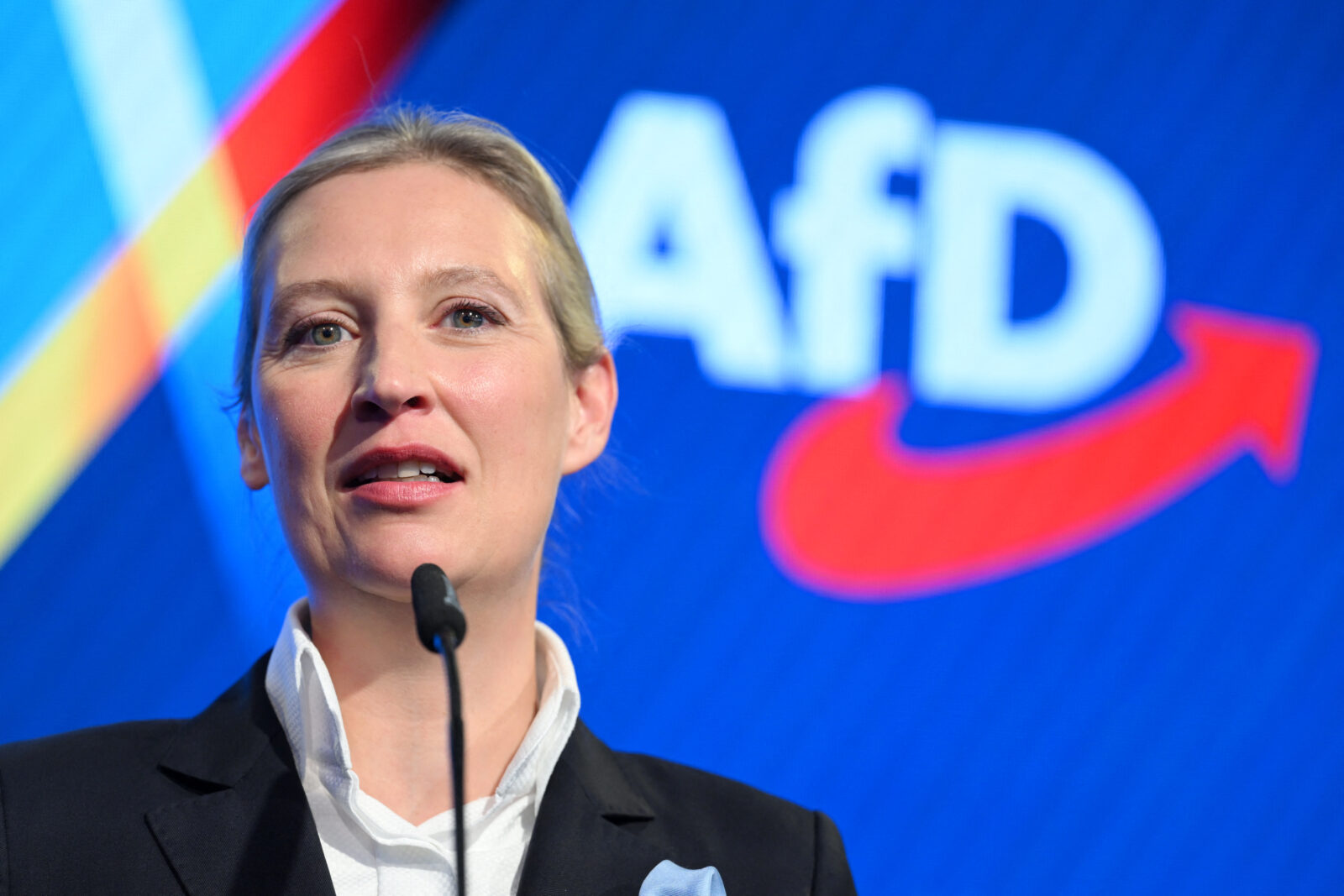
Party co-chair Tino Chrupalla recently emphasized the importance of Turkish-German citizens, stating to Aydinlik newspaper that "Turkish-origin Germans are an important part of our country," marking a significant shift in rhetoric.
The diverse positions reflected in party programs suggest Germany's approach to Türkiye will likely undergo significant reassessment. The CDU/CSU victory, combined with other parties' varying stances, indicates a potential shift toward:
These positions reflect broader questions about Europe's future relationship with Türkiye, as traditional frameworks appear increasingly inadequate for addressing current challenges in the relationship.